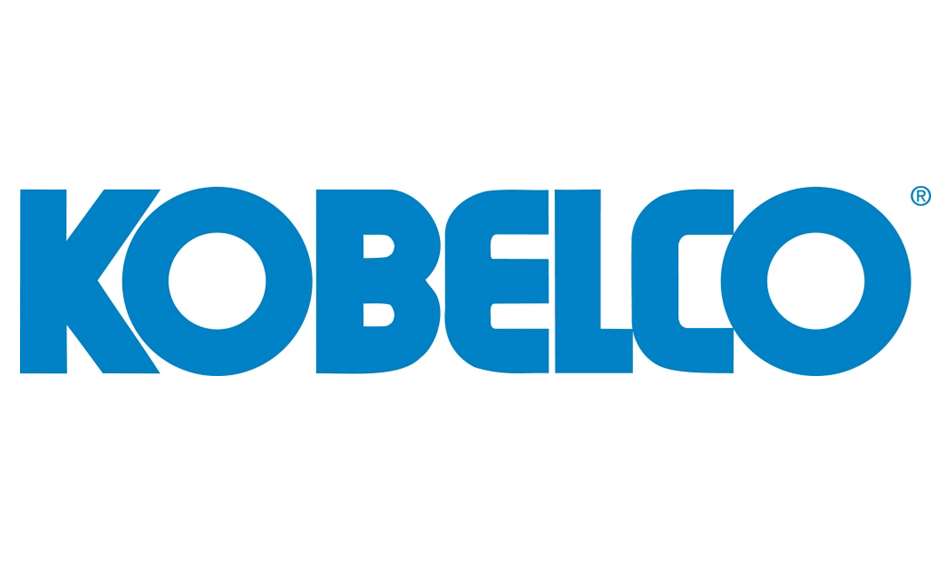Japan’s manufacturing sector problem
January 1, 2018 | Expert Insights

Japan’s number three steelmaker, Kobe Steel, has now admitted for the first time that executives were aware of the cheating. The company has also reassigned three senior officials.
Multiple companies from Japan have in the recent years admitted to having falsified data.
Background
Kobe Steel is a major Japanese steel manufacturer headquartered in Chūō-ku, Kobe. Kobe Steel also has a stake in Osaka Titanium Technologies. The company supplies about half of the global market of the wires used in valve springs of auto engines.
In October 2017, Kobe Steel revealed that it had falsified data that resulted in affected 19,300 tons of flat-rolled and extruded aluminum products, 19,400 units of aluminum casting and forgings, and 2,200 tons of copper products. This amounts to 4% of Kobe’s output from September 2016 to August 2017.
Japan over the years has prided itself on its reputation for quality manufacturing. It has used this as a selling point over China and other countries that offer cheaper alternatives to goods. The Japan Quality Association (JQA) is responsible for ISO certification. It was established in 1958 as the Japan Management Institute (JMI) under Japan's Ministry of International Trade and Industry for the purpose of export inspection.
However, in the recent years, the manufacturing sector has taken a significant hit due to a series of scandals. One of the largest scandal was the Takata Corporation admitting to having covered up facts. The company’s airbags were directly linked to a number of deaths and injuries that had occurred across the world. This resulted in legal action against Takata. In 2017, Takata filed for bankruptcy protection in the US and Japan. It is facing billions of dollars in liabilities over its airbags.
Analysis
The announcement by Kobe Steel sent ripples of shock among the industry. The number of companies that have been affected by this development is around 200. The falsification had taken place from September 2016 to August 2017. Employees at four of its factories reportedly altered inspection certificates on aluminum and copper products. Toyota, Nissan and Honda have confirmed that Kobe’s aluminum was used in the manufacturing of hoods and doors. GM, Daimler and Boeing are also among those affected.
At the time the company’s deputy president Naoto Umehara, who announced the news apologized adding, “We deeply regret to have caused this serious incident and apologize from the heart for causing so much concern and inconvenience.”
Kobe Steel has now admitted for the first time that executives were aware of the cheating, and reassigned three senior officials. “Based on this information, as of today, we have reassigned these three executives,” the company said, adding it would decide on any punishments after the probe was completed.
The company had earlier appointed independent investigators to look into malpractice claims. The investigation noted that at least some members of the senior team were aware of the cheating. Kobe Steel “takes it very seriously that current executive officers were aware of this,” Executive Vice President Naoto Umehara told reporters at a media briefing.
Kobe is not the only Japanese company under fire lately. Recently, allegations were levelled against Subaru that it had tampered with fuel economy data for its vehicles.
Assessment
Our assessment is that Kobe Steel’s announcement has further dented the trust international community has on the Japanese manufacturing industry. Perhaps it is prudent for the government and these organizations to take a step back and examine why the standards appear to have fallen. Is it because these companies are overstretched? Has maximizing their supply chain compromised their quality standards?








Comments